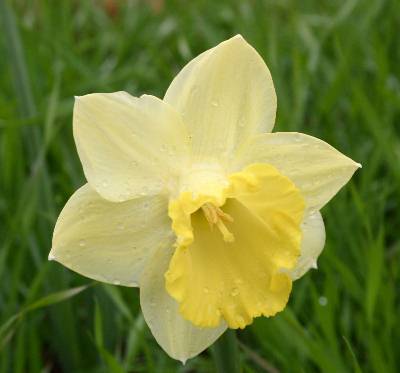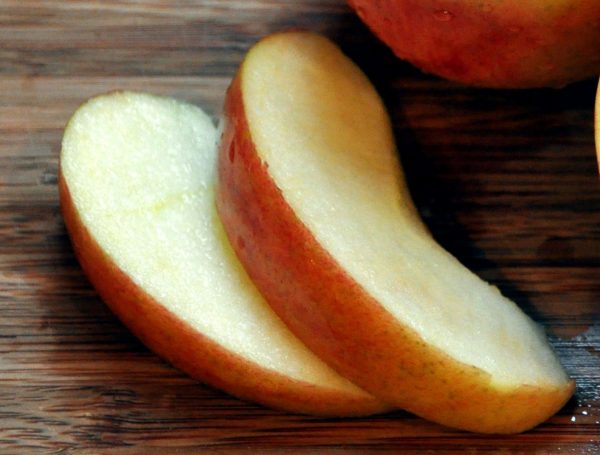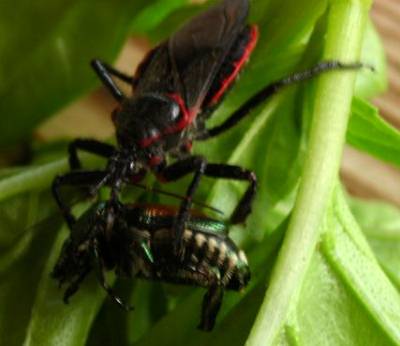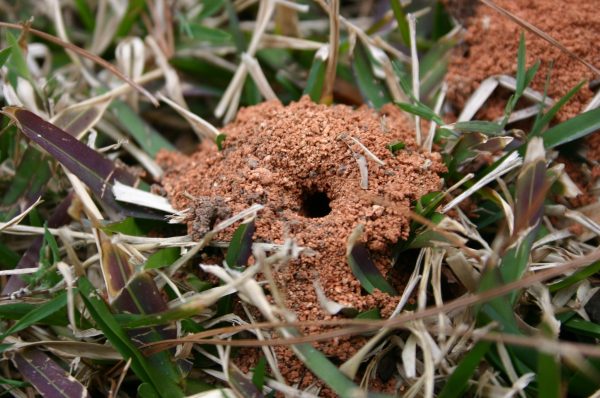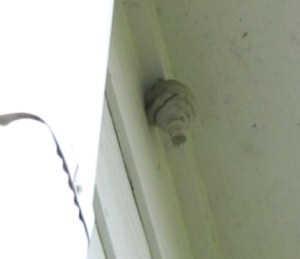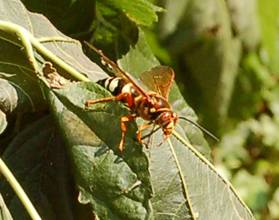Bats and Purple Martins – Don’t Control Mosquitoes
Q: Is it true that purple martins control mosquitoes? I am presently working in Bangladesh. It is the dry season here and mosquitoes are thick as molasses. I hate to think of the rainy season. This is the kind of foreign aid a poor country could really use: a simple, cheap way to improve public health.
A: I’m sorry but the ability of purple martins to control mosquitoes is a myth. According to the American Ornithologists’ Union, a researcher analyzed more than two hundred stomachs of martins collected from February to September throughout the United States and Canada. He reported no mosquitoes in any of the stomachs. Most of the insects found were beetles, flies and butterflies. It makes sense that a voracious bird would prefer insects with some “meat on their bones” rather than tiny mosquitoes.
The situation with bats is much the same. According to Dr. Robert Corrigan, at Pest Control Technology magazine, bats consume all bugs, not bad bugs. They prefer moths and beetles, not midges and mosquitoes. This doesn’t mean we shouldn’t appreciate both creatures and support their conservation. An effective mosquito repellent is still the best option for you and for the good people of Bangladesh.
“The diet of wild bats has been analyzed by dissecting stomach contents or examining fecal pellets. This research has shown that insectivorous bats are opportunistic feeders and that mosquitoes usually make up a very small percentage of their natural diet. For example, a look at fecal pellets for the little brown bat showed 71% small moths, 16.8% spiders and 1.8% mosquitoes (Whitaker and Lawhead, 1992) while the diet of the big brown bat was dominated by beetles and caddisflies (reviewed in Agosta 2002). Providing houses to enhance bat populations is an admirable activity for conservation purposes but it is not likely to help with a mosquito problem.
American Ornithologists’ Union
Bat Conservation International
Texas Mosquito Control Association
Here’s a bird lover’s observation:
Probably one of the biggest misconceptions that people have about purple martins is that they eat ‘thousands of mosquitoes’ every day. Many years ago, an aluminum house manufacturer coined the phrase “Purple Martins can eat 2000 mosquitoes a day” and it’s stuck ever since. Well, I hate to say it, but they are correct. Purple Martins CAN eat 2000 mosquitoes a day. Unfortunately, the truth is, they don’t. In fact, the statement is very carefully worded so that the uneducated public believes that if they buy a martin house and attract purple martins, then their mosquito woes are over.
And how did this all come about?
Long story short; back in the 1930’s a man from Louisiana did a study on the stomach contents of some martins found on a bridge that were killed by cars to see what they were eating. What he found was that they contained about 2000 mosquitoes, however; they were “Salt Water Marsh Mosquitoes”, a much larger species of mosquitoes than the ones that bite us. They are about the size of ‘Cane flies’. The aluminum house manufacturer got hold of these studies and decided to include them in his advertising on his houses and he came up with the phrase “Purple Martins can eat 2000 mosquitoes a day”. However; he neglected to state that they were ‘Salt Water Marsh Mosquitoes’. People saw his boxes and, having mosquito issues of their own, decided to buy the house and attract martins so that they could eat all the mosquitoes in their back yards. Unfortunately, they were very disappointed when it didn’t happen.
Fact:
Just like any other creature of nature, martins are opportunistic eaters and will take the largest and most readily available food at the time, and according to the studies done over the years, mosquitoes are no where near the top of that list. In fact, some of the research showed that mosquitoes, the ones that bite us, were less than 2 % of the martins’ diet.
Now, let’s dig a little deeper into this subject on our own.
First, let’s put our heads together and stop to think about something.
When is it that mosquitoes become the worst? Around dusk to after dark!
And, when do all daytime birds go to sleep? Around dusk to after dark!
So, there’s one reason the statement is false.
Second, mosquitoes like to stay close to the ground, where there’re bushes to hide in and it’s damp.
Martins like to eat high in the air, sometimes as high as 300 and 400 feet.
Another reason they don’t cross paths.
Third, the favorite prey for a martin is a dragonfly, the mosquitoes’ worst nightmare. Dragonflies prey on mosquito larva, therefore, it could be said that martins are actually helping the mosquito out by killing it’s aggressor.
And fourth, mosquitoes hang out in your back yard, in your bushes and near your house. Martins are known to feed a rather large distance away from their home site so as not to attract the attention of predators. Again, they do nothing for your own personal welfare as far as mosquitoes are concerned.
This in no way detracts from the fact that these birds are still a joy to have around.






